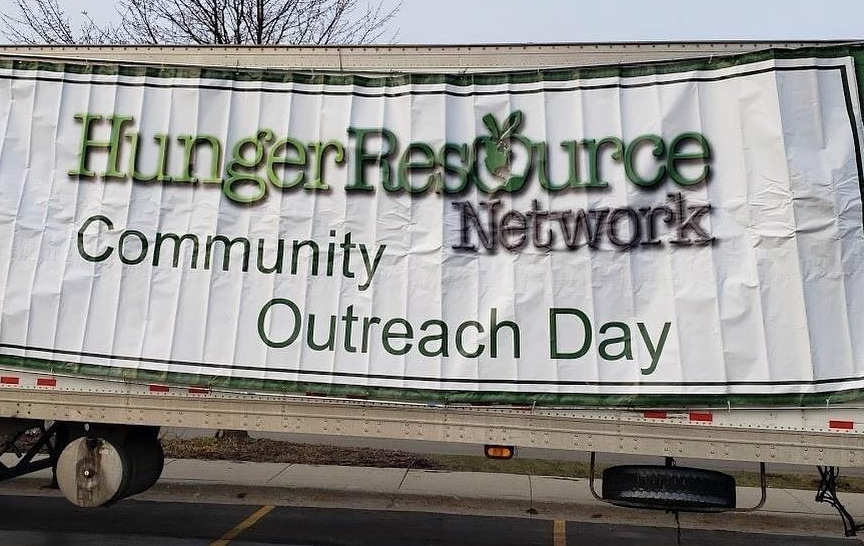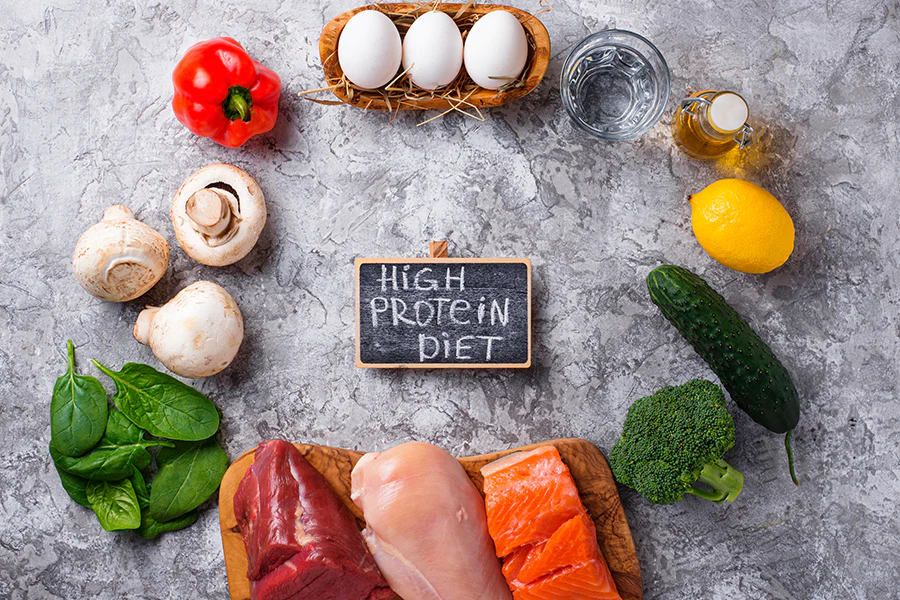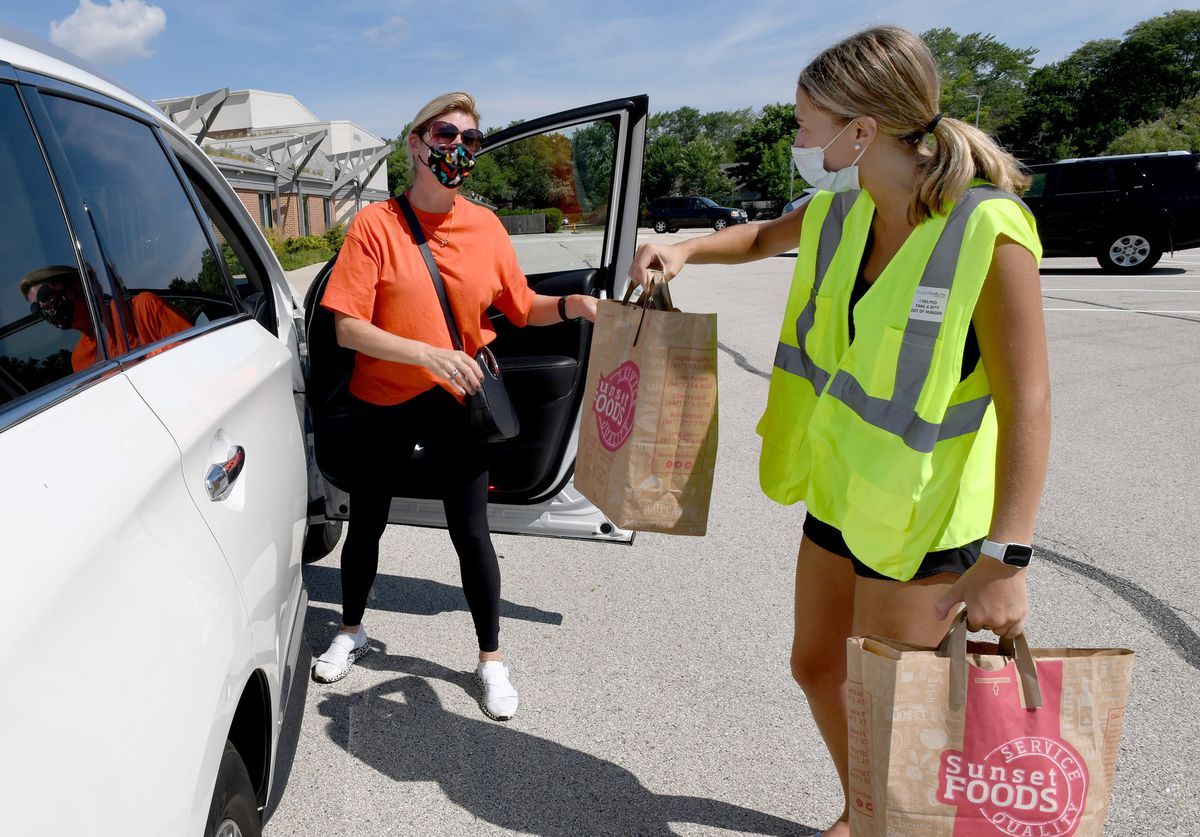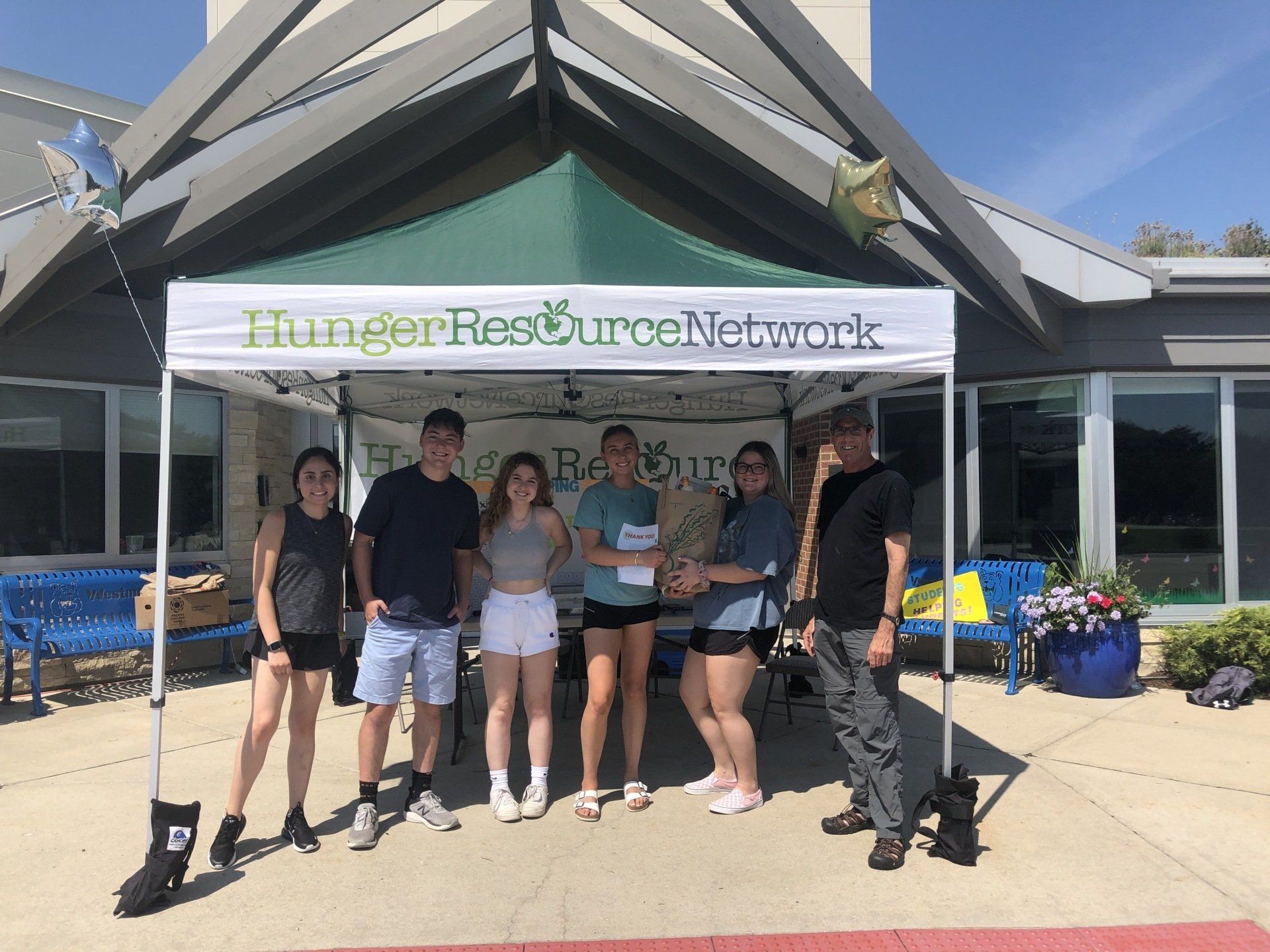You Can Help Relieve Hunger in the Chicagoland area
We can’t do this work without you—our supporters

This time of year is all about new beginnings and new chapters. Weddings, graduations, reunions and even the seasonal change from spring to summer represent both transition and excitement about future possibilities. Observing World Hunger Day (May 28), National Hunger Awareness Day (June 6) and Hunger Awareness Month throughout June do the same for our work at Hunger Resource Network (HRN).
These observances reinforce our commitment to our core mission. Since HRN’s inception in 2009, we have worked tirelessly to do just what our name says—alleviating hunger locally and regionally and serving as a resource to area organizations serving the needy and to suppliers, or purveyors with goods that help those organizations.
Since 2009, HRN has procured and provided nearly 3.8 million pounds of food at no cost to recipient agencies through our Community Outreach Days and from Farmer’s Markets. Last year alone, HRN distributed 252,000 pounds of chicken to soup kitchens, food pantries, and shelters located throughout Chicagoland. Local need is part of our work, too. Since HRN is Northbrook-based, the Hunger Free Northbrook initiative addresses the truly local needs of school children and seniors facing food insecurity.
HRN is about connections and focus. Multiple, individual volunteers perform all HRN’s work, and we are committed to addressing hunger and food insecurity. We connect with those serving the needy and those that have the food supplies to help. HRN continues to identify and develop these connections locally and regionally. Our focus also keeps HRN nimble and efficient in our work to alleviate hunger and food insecurity.
And the need is real and now. Here are a few 2022 U. S. statistics, as published by Feeding America, the nationwide network of food banks--
· More than 38 million people, including 12 million children, are food insecure. (Source: USDA Food Security Key Statistics.)
· 14.8% of all households with children and 9% of seniors are food insecure. (Source: USDA Food Security Key Statistics.)
· Many food insecure households do not qualify for federal nutrition assistance programs and depend upon local food banks and other food programs for support.
We are hearing similar stories from our connections--regional and local food banks and service providers serving the Chicago area. Throughout the area, food insecure and at-risk households are also experiencing significant economic stresses from inflation. Providers are seeing significant monthly increases in the numbers of families and seniors in need of food support.
HRN is a 501(c)(3) non-profit that truly serves as a resource. Our work is straightforward and focused on the future. HRN was formed by volunteers committed to building a network comprised of suppliers of food and services and recipient agencies committed to addressing hunger in the Chicagoland area.
We can’t do this work without you—our supporters. With these new beginnings and observances, we ask for your help. Please contribute to HRN to ensure our ongoing hunger alleviation work throughout Chicagoland. You can donate now by clicking HERE. Thank you so much in advance for your support.
Related Posts


Join The Newsletter
Newsletter Subscription
We will get back to you as soon as possible.
Please try again later.
All Rights Reserved | Hunger Resource Network | Website designed by NorthShore Loyalty

